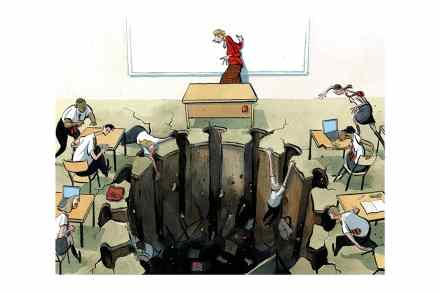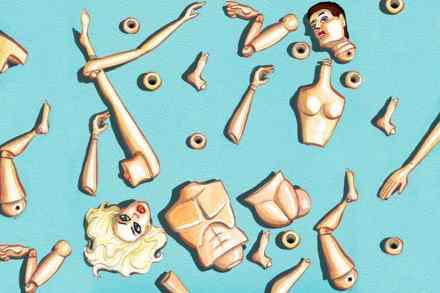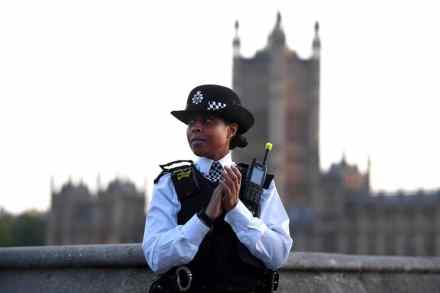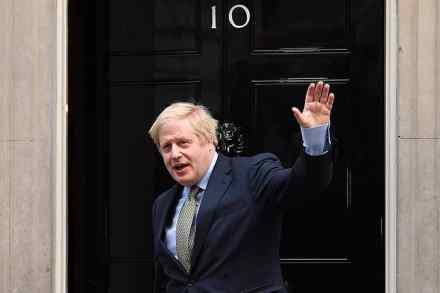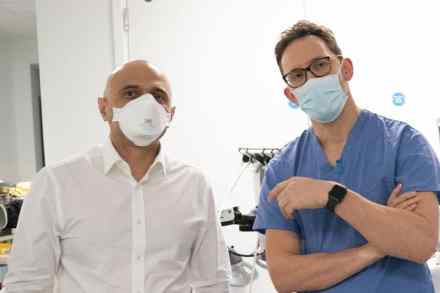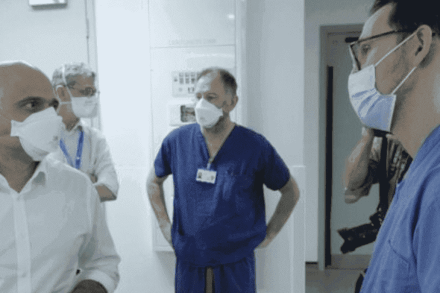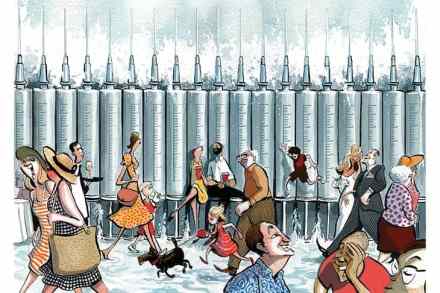Are we falling out of love with the NHS?
Clap for carers now feels like ancient history. Public satisfaction with the NHS is at its lowest since 1997, according to a new study out today. The British Social Attitudes Survey finds overall satisfaction with the health service at just 36 per cent, a record-breaking fall of 17 points since 2020. People often relate to the health service through GPs and their experience of A&E. The latter has experienced a record-breaking 15 point fall, now at 39 per cent satisfaction, its lowest level since the BSA started asking questions about A&E in 1999. It’s worth remembering that in 1997, when public satisfaction with the NHS as a whole was at just 34


